Was trying to squeeze this in with some earlier posts but couldn’t successfully pull it off, so I’m just placing it here – suspended. It hypothetically fits everywhere, yet cannot practically be placed anywhere.
Visual triggers —> bound to cultural myths, historical baggage, national identity, politics etc < —


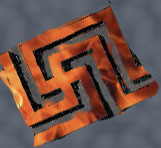
In researching my disaster, I inevitably came across images of what I now consider cliched, overused, misappropriated and, frankly, bordering on kitschy. I am referring to images of classical Greek structures such as the Parthenon, whose rendering into a mass produced image (among other commodity forms) has now become similar to a tacky souvenir that ignorant tourists eagerly purchase in the midst of some kind of spiritual cultural consumption. Those images, to me, no longer bear any “real” connection to the past… they are merely attractors to the easily seduced and the easily misled.
I was therefore cautious in using the meander because its use can often become tacky. I did not want my logo to turn into a condensed equivalent of this tacky Greek house:
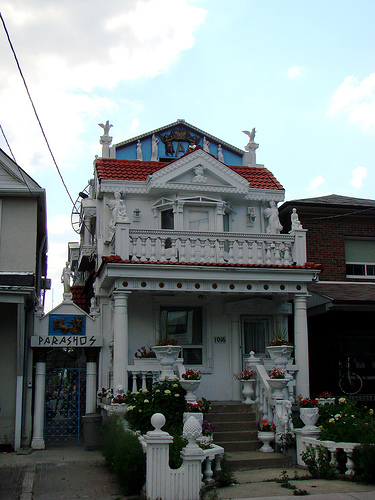
In any case, I feel as though an obligatory analysis (ala Macnab) is in order, so as to justify the image/shape I chose to extract from the montage/collage/ pastiche of images that has been created in my mind with the help of the Google image search engine.
Instead of choosing the most typical shapes characteristic of the three prevalent architectural styles in Ancient Greece (Doric, Ionic, and Corinthian order), I chose to focus on the meander-like shape that is perhaps a fusion of principles extracted from all of the aforementioned orders and -at the same time- a creative departure from all these styles and their functionality. The meander-like shape emerges from some recurrent shape/image-concepts in this blog, such as the labyrinth and the hypertext metaphors.
What is interesting about the meander is that it has made the leap from architecture (originally: Greek and Roman, e.g. used in temples) to art – from function and form, to aesthetics and conceptual design. Nowadays, the Key design is not only used in modern Greek design (sometimes to a fault, as in, for example, Greek restaurants in America), but also in products of other cultures (e.g. Mexican buildings).
Commonly, the meander symbolizes unity and infinity, or infinite potential.
Ironically (or, fittingly), a random snapshot of a meander reminded me of the swastika symbol. Not the spiritual and religious usage of the swastika, but the stigmatized version that is loaded with fascist overtones.
Of course, the meander-turned-swastika could be related to many aspects of the disaster, such as in relation to concepts of anarchy, education, democracy, freedom, cultural myths, and progress.


In terms of my logo design, I wanted to transform and appropriate the meandering shape so as to touch on its classical undertones, but also transcend its overbearing significance. However, with this transformation, some unexpected associations emerged that were unintended and beyond my control (see my aforementioned swastika symbolism).

In Decoding Design, Maggie Macnab cites the example of the swastika to illustrate how “subtle alterations [in design] can be used to influence belief and reconstitute the common meaning of a symbol.” She then goes on to mention how the positive associations of the swastika became overwhelmed by the propagandist appropriation of the symbol by the Third Reich. Despite Macnab’s assertion that an appropriated symbol can overcome its original meaning once it becomes redesigned and recontextualized (and, inevitably, de/repoliticized), I do not think the swastika can ever fully move beyond the negative signification it gained post 1920s. These associations will continue to overwhelm the swastika symbol – at least for the Western imagination – and no amount of amount of de/reconstruction and manipulation can help it surpass the baggage it is automatically associated with.
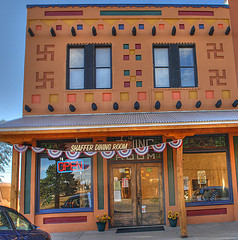

I am aware of this unspoken stipulation, and using it productively to stimulate my logo’s evolutionary progress and the branding of my disaster.
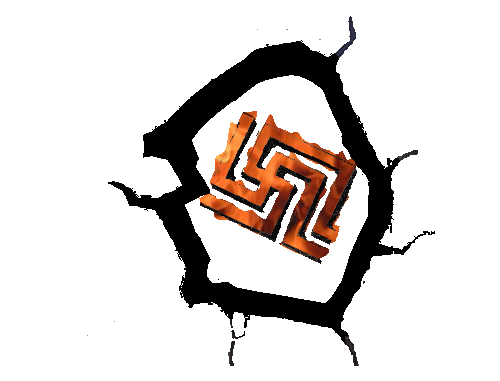










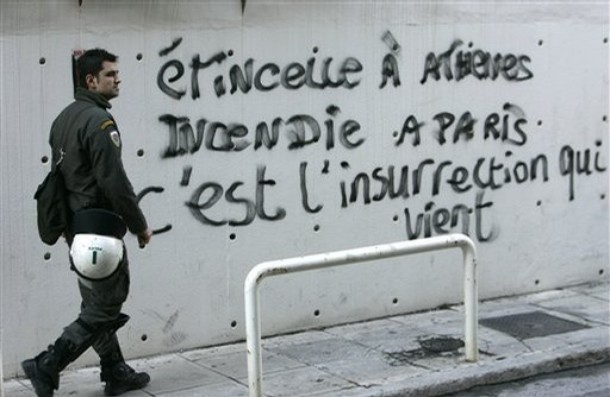
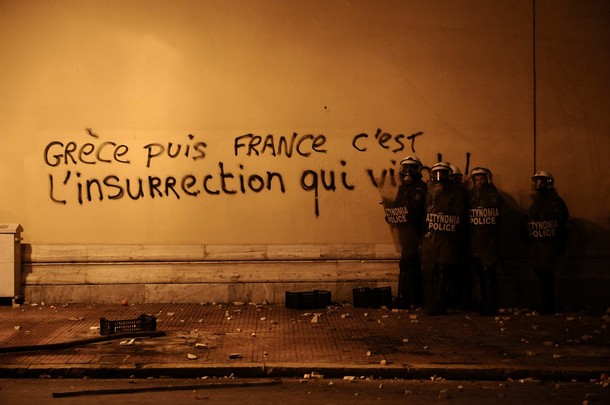
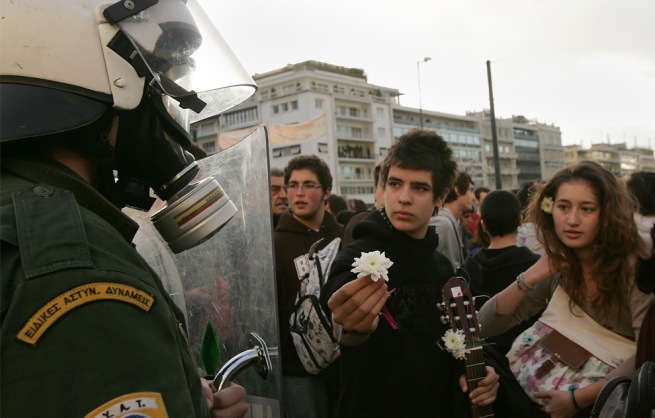
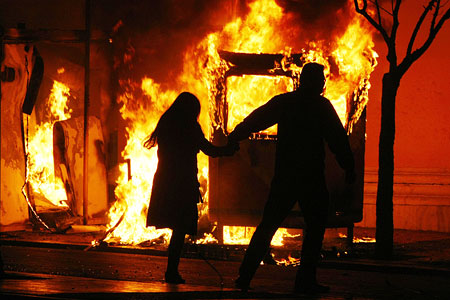
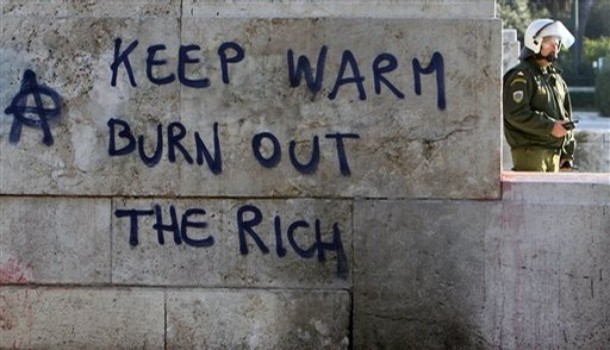
 British popgroup Pet Shop Boys used
British popgroup Pet Shop Boys used 

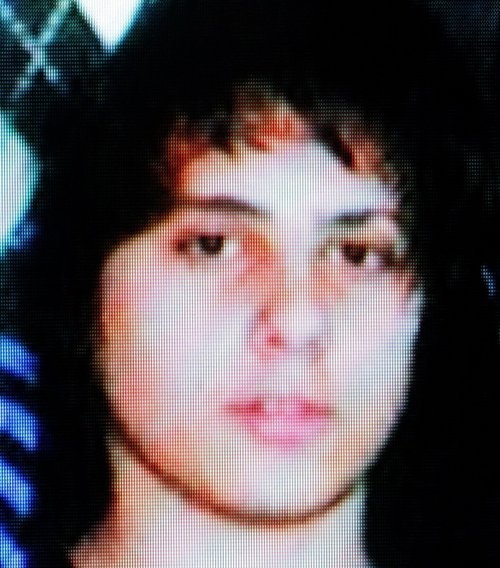
You must be logged in to post a comment.